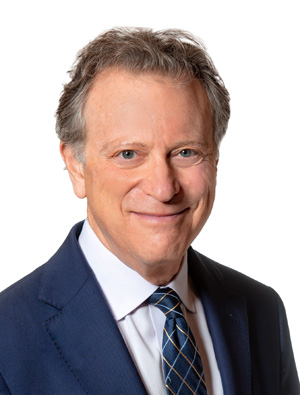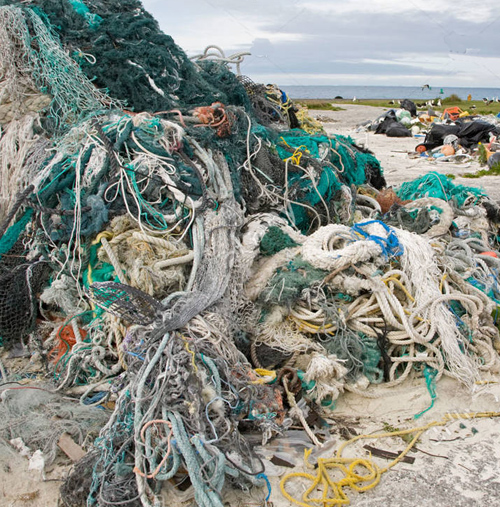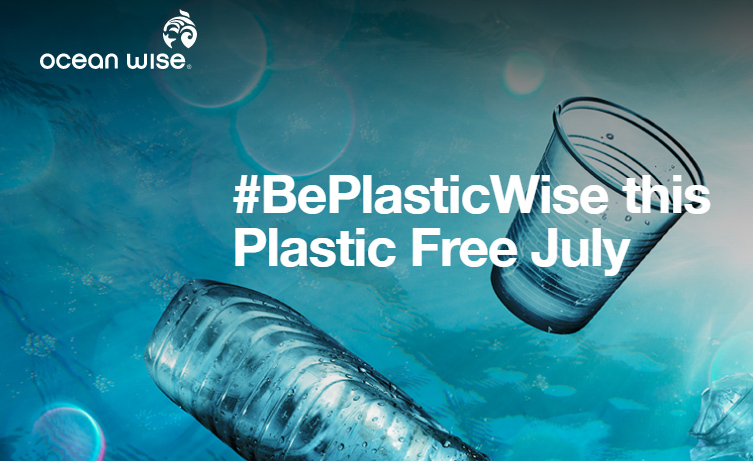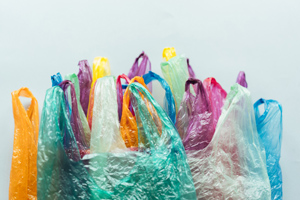
Wednesday July 28, 2021 | RICHMOND, BC
Compiled by Island Social Trends Copy Desk Editor Jalen Codrington & Editor Mary P Brooke
Municipalities throughout the province can now move more quickly to prevent plastics from polluting their communities.
Under new rules, local governments can institute bans on plastic bags and certain single-use plastics (such as plastic straws, cutlery, and food containers) without provincial approval.
“Communities across BC have made it clear they want to be environmental leaders by taking steps to ban single-use plastics,” said George Heyman, Minister of Environment and Climate Change Strategy. “We will continue to work with all levels of government to protect our land and waterways from plastic pollution and the harm it creates. Local governments wanted the ability to act without delay, and now they have it.”
More than 20 municipalities in BC are developing bylaws banning single-use plastics. Under the previous regulation, bylaws were approved for the municipalities of Esquimalt, Nanaimo, Richmond, Rossland, Saanich, Surrey, Tofino, Ucluelet, and Victoria.
The announcement was made today by George Heyman, Minister of Environment and Climate Change Strategy, at the Ocean Legacy Foundation‘s (OLF) new ocean plastics recycling facility in Richmond.
Today’s announcement explained that the Province has amended a regulation under the Community Charter to allow local governments to ban single-use plastics, including plastic checkout bags, polystyrene foam containers and plastic utensils, which includes stir sticks. Previously, municipalities required ministerial approval to implement a plastics ban.
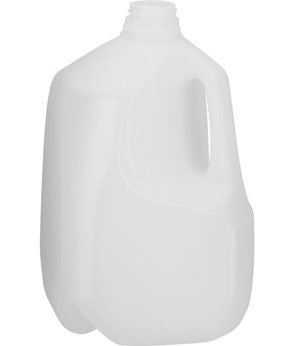
The Province is also expanding the number of products to be recycled through residential recycling programs by adding milk and milk-alternative containers to the deposit-refund system effective February 2022, and more single-use items to the packaging part of the Recycling Regulation effective January 2023.
BC is also piloting new projects to use reclaimed plastic waste in new manufacturing through the CleanBC Plastics Action Fund.
Local and global:
While the BC authorization to municipalities to themselves ban single use plastics, much of the debris found and collected from the world’s oceans and even BC shorelines is from sources beyond these jurisdictions.
A 2017 study published by the American Chemical Society has suggested that 90% of the plastics that end up in our oceans come from only 10 river systems (generally with high-density populations alongside), eight of which are in Asia — the Yangtze; Indus; Yellow; Hai He; Ganges; Pearl; Amur; Mekong; and two in Africa – the Nile and the Niger. The Yangtze, Asia’s largest river, is the greatest channel of plastic into the ocean, according to this report.
Ocean Wise:
“Researchers have found plastic just about everywhere they have looked, from deep sea sediment to our shorelines,” said Laura Hardman, director of plastics, Ocean Wise.
“This pollution is a threat to our health, the economy and marine life – from zooplankton to beluga whales. We have seen growing support for policies banning unnecessary single-use items from BC restaurants through our Plastic Reduction Program. By giving municipalities the ability to act swiftly to enact bans on unnecessary plastics, this amendment will support the systemic change we need to stop plastic pollution.”
A plastic-wise campaign has been running during July 2021.
Being ocean-wise is part the new blue economy awareness.
Plastic collected:
Provincially funded groups have helped remove more than 425 tonnes of trash from B.C.’s rugged coastlines. The province says that the waste was collected from 306 kilometres of shoreline, of BC’s 25,000 km coast.
“Marine debris needs to be processed in a specialized facility, as much of the material recovered has degraded due to the time it has spent in the ocean,” said Heyman. “The marine debris is transformed into pellets that can be used to create new plastic products.”
People involved with the shoreline cleanup:
The clean-up projects were undertaken by the OLF, the Small Ship Tour Operators Association – Wilderness Tourism Association (SSTOA – WTA), and the Coastal Restoration Society (CRS). Their total trash haul from the past two years was over 550 tonnes.
Operations were funded by the Clean Coast, Clean Waters (CCCW) initiative, a provincial fund created after the government heard concerns of abandoned vessels, mooring buoys, polystyrene foam, aquaculture debris, and single-use plastics spoiling the coastlines.
The CCCW is also part of the province’s $10 billion COVID-19 response, which aims to help employees in the hard-hit tourism sector get back to work by operating vessels in remote waterways.
In total, the Small Ship Tour Operators Association employed 180 people for this summer’s cleanup, including 111 tourism industry workers and 69 people from coastal Indigenous communities.
Nets and ropes accounted for 42% of the collected debris. This abandoned fishing gear can continue to ensnare and kill marine life for decades. Even after these materials break down, they continue to devastate the waters as micro-plastics that end up being consumed by fish, birds, and mammals — many of which end up being consumed by humans.
The province says a clean-up project undertaken by the Songhees Development Corporation, which aims to remove up to 100 derelict vessels around Southern Vancouver Island and the Gulf Islands, is still in progress.
===== RELATED ARTICLES by Island Social Trends:
Continued commitment to banning single-use plastics (September 12, 2020)
Shoreline clean-up funds create jobs, protect coastal waters (September 4, 2020)
Public input sought on reducing plastic waste in BC waterways, environment and landfills (September 18, 2019)
Canadian disposables coming back from Philippines to arrive at Vancouver (May 23, 2019)
New BC special advisor on marine debris protection (April 13, 2019)
===== THIS ARTICLE:



